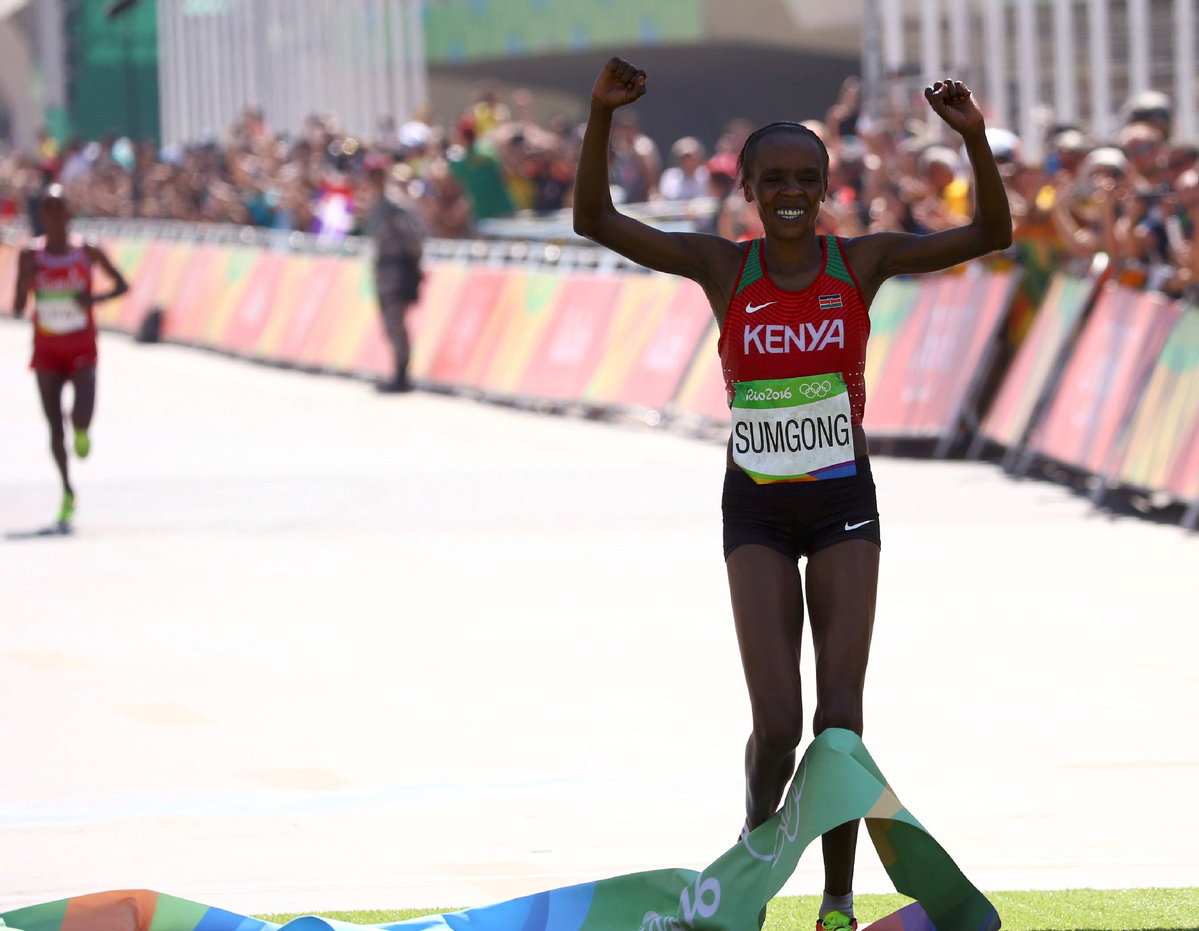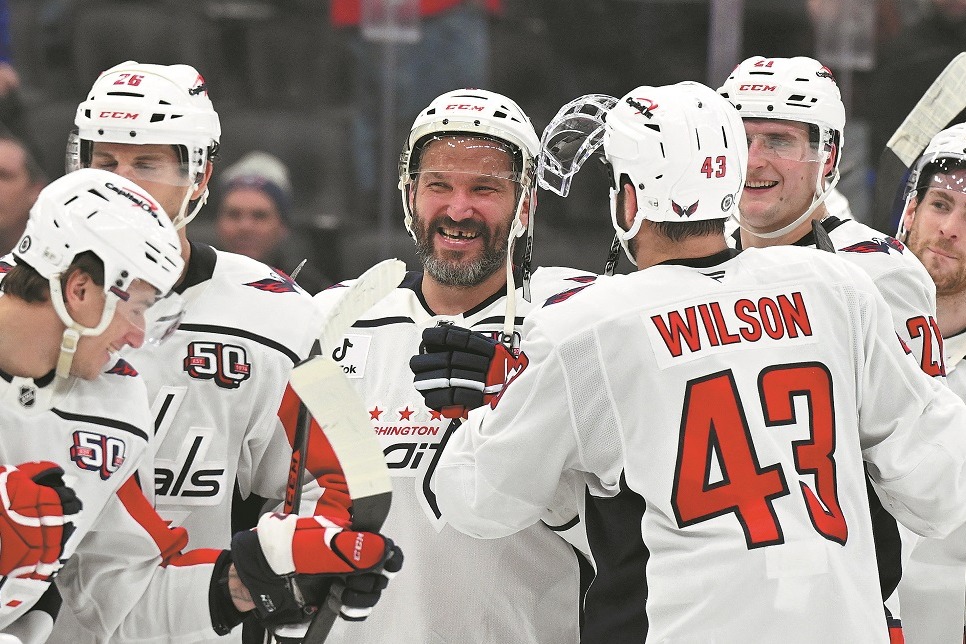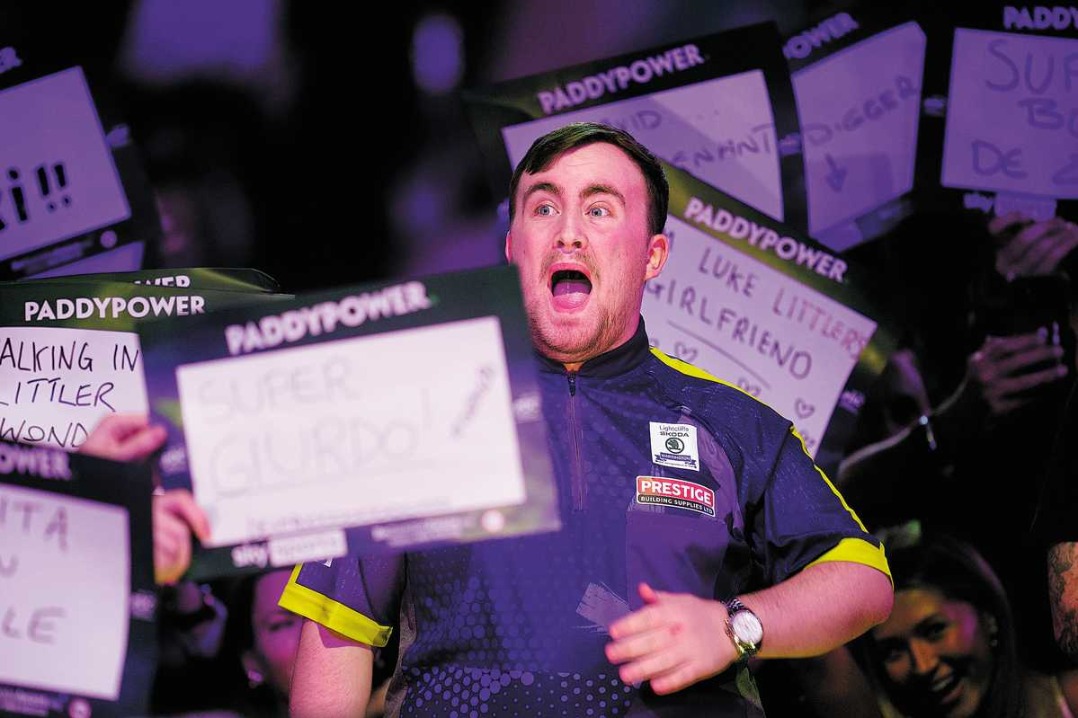Being a runner comes with risk


The Boston Marathon and other major races place heart defibrillators along the course.
"We typically assume that marathon runners are healthy individuals, without risk factors that might predispose them to a cardiac event during or after a race," wrote Dr Juan Del Coso, the study's lead investigator, who runs the exercise physiology lab at Madrid's Camilo José Cela University. Running shorter distances, he said, might reduce the strain, especially in runners who haven't trained appropriately.
Dr Kevin Harris, a cardiologist at the Minneapolis Heart Institute at Abbott Northwestern Hospital, said he had a patient preparing for the Twin Cities Marathon who struggled to exceed 10 miles (16 kilometers) in training. The man's family doctor insisted he get a stress test, and he wound up needing double bypass surgery.
"Running is good, and we want people to be active, but running doesn't make you invincible," Harris said.
"The bottom line is that individuals with a family history - especially men who are older than 40 and those people who have symptoms they're concerned about - should have an informed discussion with their health care provider before they run a marathon."
Family history is particularly important in providing clues to potential risk.
Fixx, whose 1977 best-seller The Complete Book of Running helped ignite America's running boom, was 52 when he collapsed and died. An autopsy showed he had blockages in two of his heart arteries. He had a mix of risk factors. His father died at 43 of a heart attack, and although Fixx quit smoking, changed his eating habits and dropped 60 pounds, it turned out he couldn't outrun those risks.
Renowned US tech entrepreneur Dave Goldberg was 47 when he died while vacationing in Mexico in 2015. He had been running on a treadmill when he fell, and an autopsy revealed he had undiagnosed heart disease.
Former US House Speaker Paul Ryan, who is 49, said his own strong family history of heart disease is what motivates him to work out regularly and watch his diet. His father, grandfather and great-grandfather all died of heart attacks in their 50s.
"If you're going to take on strenuous exercise later in life, and especially if you have active heart disease, it's clearly in your interest to be tested and make sure you can handle it," said Dr William Roberts, past president of the American College of Sports Medicine.
McGillivray said his doctor has cleared him for Monday's 123rd running of the Boston Marathon, which he'll run at night after the iconic race he supervises is in the books.
It will be his 47th consecutive Boston, and this time he's trying to raise $100,000 for a foundation established in memory of a little boy who died of cardiomyopathy - an enlarging and thickening of the heart muscle.
"Heartbreak Hill will have special meaning this year," McGillivray said.
"My new mission is to create awareness: If you feel something, do something," he said.
"You have to act. You might not get a second chance."
Associated Press































